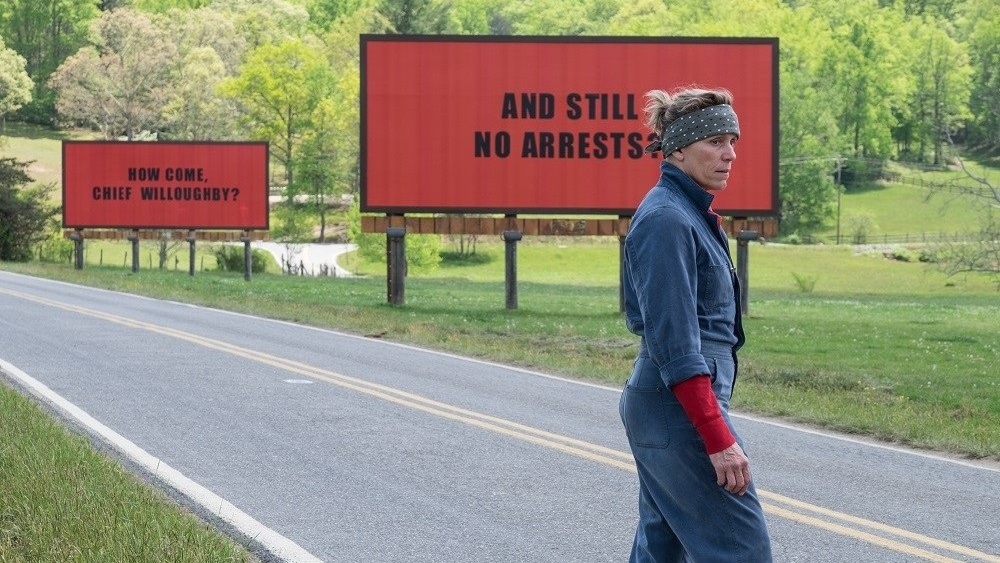

Living in a Culture That’s Lost Its Heart
“To learn how to fully live Eros makes a major contribution to the world around me, because this is a culture that’s lost its heart;


“To learn how to fully live Eros makes a major contribution to the world around me, because this is a culture that’s lost its heart;
“. . . when our left and right brain work in harmony, we begin to access our deeper Self and feel its guidance and support.

Those of us raised as Christians know this holiday is about a lot more than rushing about, partying and shopping, and many of us enjoy warm memories and nostalgic feelings this time of year. But why are the moments of love, joy and peace so difficult to find during the holiday season? Where do the feelings of exhaustion, anxiety, disappointment and depression come from? Why do we keep missing the point of Christmas? How can we recapture it?


Website design and development by Chad Lieberman
8 Responses
I just posted this to my Facebook page. I love movie reviews that reveal the underlying archetypal story. Thanks so much for this.
You’re most welcome, Janet. I’m glad you liked it. And thank you for sharing it with your Facebook friends.
Most interesting thanks Jeanie. At reading gp last evening (vol 12 Psychology & Alchemy, part 11) there was reference to the Golem, and I told them the story (I heard of her only this past Saturday) about Baudo, the ‘helper ‘who tells bawdy jokes and finally gets a smile out of Demeter – The others have seen The Shape of Water, I haven’t as yet, and it was interesting to hear their response to it. Thank you again ❤️
Thanks, Susan. Baubo’s definitely a fascinating aspect of that story, isn’t she? I see her message as being to loosen up and lighten up and stop taking yourself and everything so seriously! That’s a message I often have to remind myself of! In fact, I just got that reminder from another source about an hour ago…so your comment makes the second reminder, and the one by Janet in the comment below makes the third! Well okay! Message received! Thanks again! It’s lovely to hear from you. Jeanie
I see Baubo as the Crone phase of the triple goddess. Persephone as the maiden and Demeter as the mother.
Thank you, Janet. So do I. But I hadn’t thought of Baubo until Susan (above comment) and you both mentioned her. Thanks. It was a most appropriate and helpful reminder for me today! I love it when synchronicities like this happen here so often. It’s very comforting. Blessings. 🙂
I am a sucker for any movie with Frances McDormand. I haven’t seen this yet, but I want to. I’ve watched the trailer and have a sense it is an epic story.
I feel the same way about Frances McDormand. What an epic talent! She rises to the challenge of this epic story in away few others could do. I think you’ll like it!